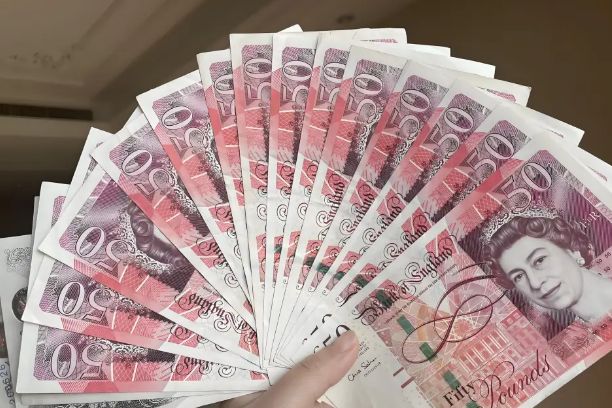
GBP/USD appreciates as the US Dollar loses ground due to dampened safe-haven demand following the Israel-Iran ceasefire.
Fed Chair Powell strengthened his case for delaying rate cuts, likely until sometime in the fourth quarter.
The Pound Sterling may struggle following dovish remarks from the BoE officials on policy stance.
GBP/USD extends its winning streak for the third successive session, trading around 1.3620 during the Asian hours on Wednesday. The pair is hovering around 1.3648, the highest since February 2022, which was recorded on Tuesday. The risk-sensitive GBP/USD pair receives support from the improved risk appetite amid easing tensions in the Middle East.
US President Donald Trump announced that a ceasefire between Iran and Israel had taken effect on Tuesday, raising hopes for an end to the 12-day conflict. However, caution lingered amid uncertainty over the ceasefire’s durability. Traders will likely focus on the potential revival of nuclear talks and the fate of Iran’s enriched uranium.
During his testimony before the congressional budget committee on Tuesday, Fed Chair Powell advocated for delaying rate cuts, likely until sometime in the fourth quarter. Powell added, “When the time is right, expect rate cuts to continue.” He also said that data suggests that at least some of the tariffs will hit consumers and will start to see more tariff inflation starting in June.
Kansas City Fed President Jeff Schmid said early Wednesday that the central bank should wait to see how uncertainty surrounding tariffs and other policies impacts the economy before adjusting interest rates. Schmid added that the resilience of the economy gives us the time to observe how prices and the economy develop, per Bloomberg.
The upside of the GBP/USD pair could be restrained as the Pound Sterling (GBP) may face challenges due to dovish remarks from the Bank of England’s (BoE) officials on policy outlook. BoE Governor Andrew Bailey pointed to slowing wage growth and rising economic inactivity, though he stressed concerns over the reliability of labor data. Deputy Governor Dave Ramsden said labor market loosening was behind his vote for a rate cut, warning it could push inflation below the 2% target.
* The content presented above, whether from a third party or not, is considered as general advice only. This article should not be construed as containing investment advice, investment recommendations, an offer of or solicitation for any transactions in financial instruments.


